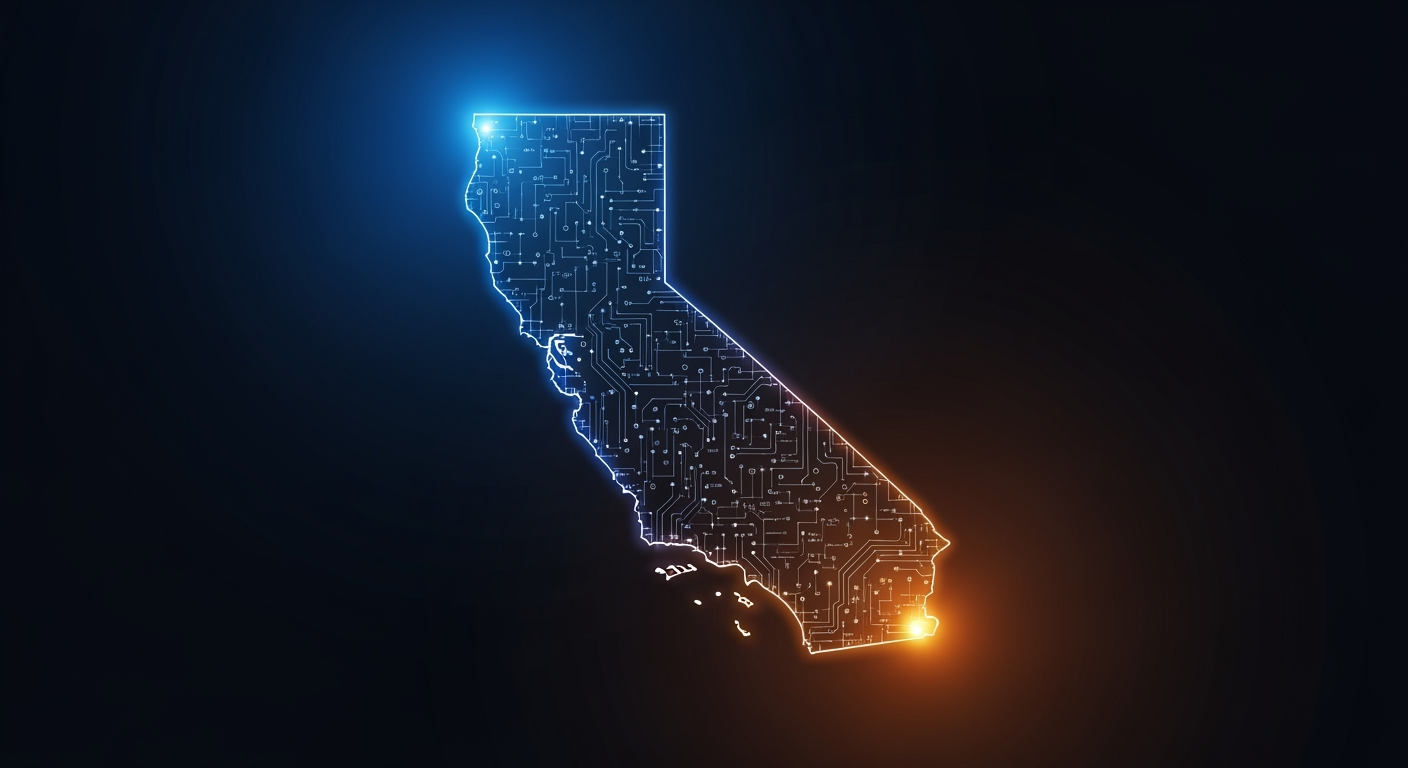California’s SB 53: A Targeted Approach to Regulating Big AI Companies

California’s SB 53: A New Era for AI Oversight?
California's legislature has passed SB 53, a new AI safety bill that could reshape how large-scale artificial intelligence companies are regulated in the state. Now on Governor Gavin Newsom's desk, the bill awaits his signature or veto—a pivotal decision, especially after he vetoed a broader AI safety bill (SB 1047) last year. What sets SB 53 apart, and why is it drawing attention from the tech industry and policymakers alike?
What Is SB 53?
SB 53, authored by State Senator Scott Wiener, focuses specifically on AI companies with annual revenues over $500 million. Unlike its predecessor, which faced criticism for potentially stifling startups, SB 53 narrowly targets industry giants such as OpenAI and Google DeepMind. This approach aims to address the unique risks posed by the largest operators in the AI landscape while avoiding overregulation of smaller, innovative startups.
Key Provisions and Industry Response
- Mandatory Safety Reporting: Large AI labs would be required to publish regular safety reports on their models, increasing transparency around how these powerful technologies are developed and deployed.
- Incident Disclosure: Any significant incidents related to AI model behavior must be reported to the government, enabling early detection of potential harms.
- Whistleblower Protections: Employees concerned about safety or ethical issues can report them directly to authorities without fear of company retaliation, even if bound by NDAs.
The bill has received notable support from Anthropic, a leading AI company, suggesting that even some industry stakeholders see value in targeted, safety-focused oversight.
Why Does California’s Approach Matter?
California is home to many of the world’s most influential AI companies. Legislation originating here often sets precedents for the rest of the industry and even for national policy. By focusing on the largest players, SB 53 acknowledges the outsize impact these companies have on technology and society—while seeking to safeguard innovation among smaller startups.
Federal Context and Future Challenges
The debate over AI regulation is not limited to California. At the federal level, there have been moves to limit state-level AI laws, reflecting broader tensions over how best to balance innovation with safety. While such federal measures are not yet law, they could become a battleground between state governments and the current administration.
What’s Next?
If signed into law, SB 53 may serve as a blueprint for AI oversight elsewhere, providing a meaningful check on the power of big tech companies. It also highlights the growing recognition that AI safety is not just a technical issue, but a matter of public policy and governance.
References
- California lawmakers pass AI safety bill SB 53, but Newsom could still veto
- Gov. Newsom vetoes California’s controversial AI bill SB 1047
- Anthropic endorses California’s AI safety bill SB 53
- Congress might block state AI laws for five years. Here’s what it means
- Why California’s SB 53 might provide a meaningful check on big AI companies





